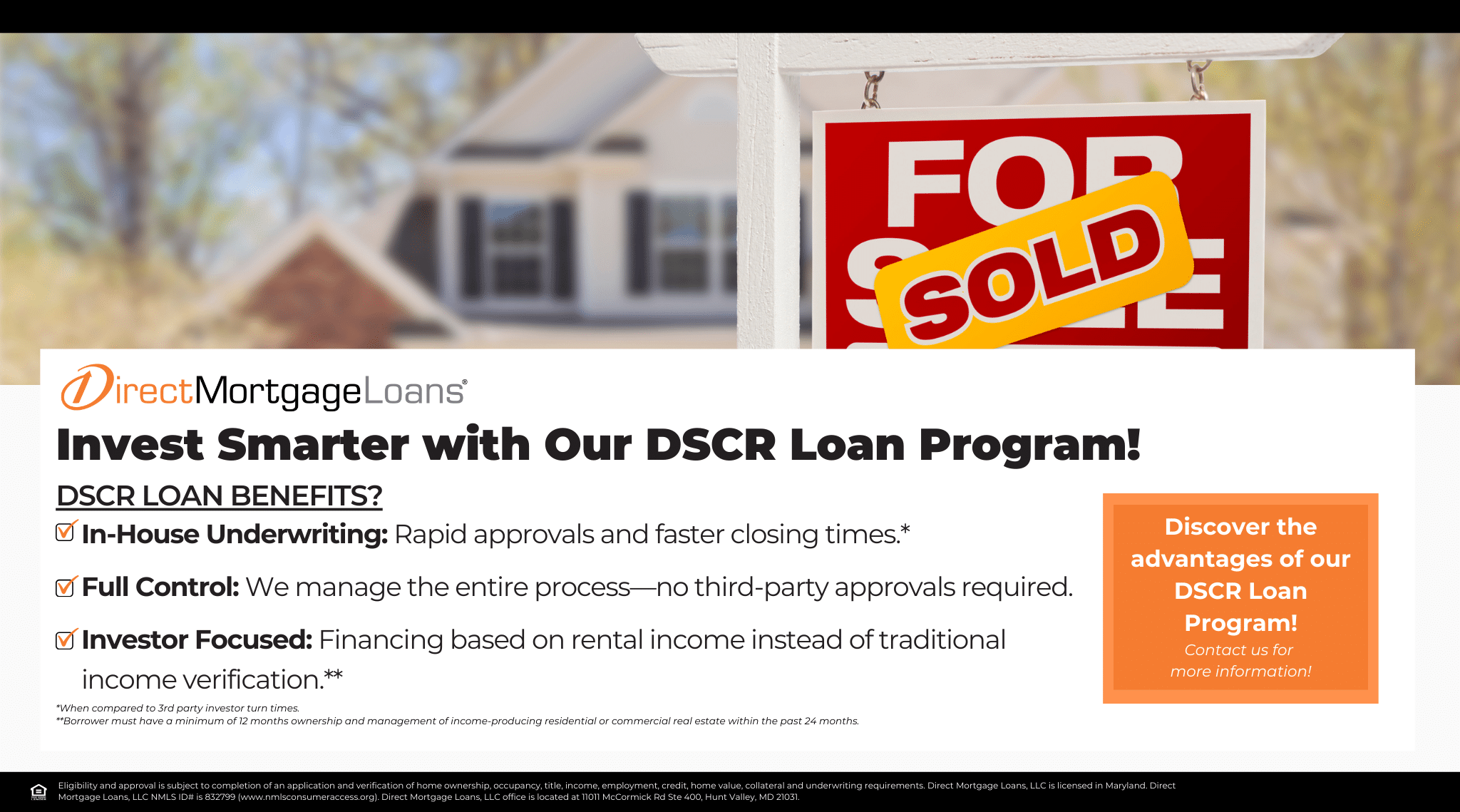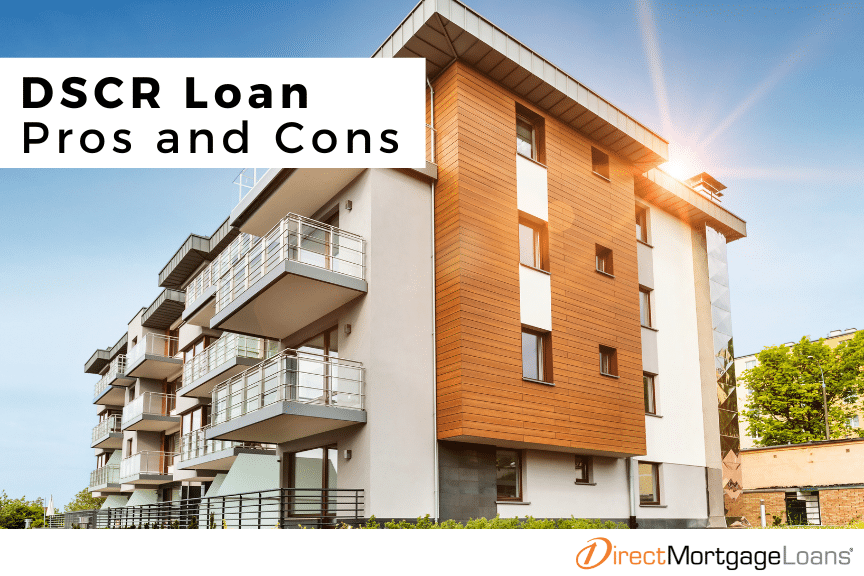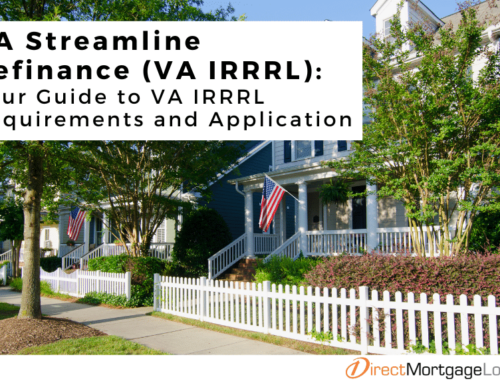Are you considering an investment in real estate? DSCR loans might be the ideal financing option for you. In this blog post, we’ll explore what DSCR loans are, how they work, the eligibility criteria, their advantages and disadvantages, and how to acquire one.
Subscribe to our blog to receive notifications of posts that interest you!
What is a DSCR loan?
A DSCR loan, or Debt Service Coverage Ratio loan, is a type of mortgage designed for real estate investors. Unlike traditional mortgages, which focus on the borrower’s ability to repay the loan, DSCR loans consider the property’s income.
How do DSCR loans work?
DSCR loans work by focusing on the property’s cash flow rather than the borrower’s personal finances. Lenders calculate the Debt Service Coverage Ratio (DSCR) by dividing the property’s net operating income (NOI) by its total debt obligations. This ratio indicates whether the property generates enough income to comfortably cover the loan payments.
DSCR = Net Operating Income (NOI) / Total Debt Payments
Typically, lenders require a minimum DSCR of 1.25, which means the property needs to produce 25% more income than the debt payments. In addition to the DSCR, lenders also evaluate other factors, such as the property’s location, condition, and ability to maintain consistent cash flow over time.
DSCR Loan Qualifications
While DSCR loan requirements vary by mortgage lender and program, several key factors are generally considered:
- Debt Service Coverage Ratio: Most lenders expect a DSCR of 1.25 or higher. This shows that the property produces at least 25% more income than is needed to cover the loan payments.
- Property Type: Only income-generating properties are eligible. These could be rental properties, commercial buildings, and multifamily homes.
- Cash Reserves: Some lenders may require the borrower to have sufficient cash reserve to account for unforeseen costs or unfilled rental units in the property.
- Property Value: The appraised value of the property is key to determining loan eligibility. If the appraisal falls below the loan balance, it could decrease your chances of approval.
- Credit Score: Generally, a credit score of 620 or higher is required. While DSCR loans focus on the property’s income, your personal credit still plays a role in securing favorable loan terms.
DSCR Loan Pros And Cons
As with any loan program, DSCR loans offer a mix of pros and cons. Understanding both sides will help you determine if this type of financing aligns with your investment goals.
Pros Of DSCR Loans
- Larger Loan Amounts: With DSCR loans, the amount you could borrow is based on the property’s ability to generate income rather than your personal finances. This could allow investors to qualify for larger loan amounts compared to traditional mortgages.
- Easier Approval Process: Unlike traditional loans, which rely heavily on the borrower’s personal credit score and income, DSCR loans focus on the property’s cash flow. This could make it easier for investors with strong income-generating properties to secure financing, even if they don’t meet typical credit or income requirements.
- Better Investment Returns: By leveraging financing to buy income-generating properties, investors could increase their return on investment (ROI). With a DSCR loan, investors can acquire properties without fully depleting their own capital, allowing them to maintain cash reserves for future investments or other purposes.
- Increased Cash Flow: When a property generates more cash flow than is needed to cover its debt payments, investors could benefit from extra income. This surplus could be used for a variety of purposes, including reinvestment in other projects, building financial reserves, or covering unexpected expenses.
Cons Of DSCR Loans
- Higher Down Payment Requirements: Since DSCR loans are based on the property’s cash flow, lenders often require a larger down payment to mitigate their risk. This could be a challenge for some investors who may not have enough funds available upfront
- Limited Flexibility: DSCR loans typically come with stricter terms, such as prepayment penalties or restrictions on refinancing. This could reduce the borrower’s flexibility to make changes to the loan if their financial situation or market conditions shift, potentially locking them into less favorable terms.
- Higher Costs: Depending on the property’s cash flow, DSCR loans could carry higher mortgage interest rates and fees compared to traditional loans. This is particularly true if the property’s income doesn’t fully meet the lender’s requirements, which could increase the overall cost of financing.
- Risk of Default: If the property fails to generate enough income to cover the loan payments, the borrower faces the risk of default. This could result in foreclosure, leading to the loss of the property and potential damage to the investor’s financial standing.
Who Should Consider a DSCR Loan?
DSCR loans could be ideal for real estate investors looking to finance properties based on income potential. These loans are especially useful for those who may not qualify for traditional mortgages due to high debt-to-income ratios or lower credit scores.
Investors purchasing vacation rentals, multifamily homes, or commercial properties are prime candidates. DSCR loans focus on income-generating properties, making them a great fit for anyone building a real estate portfolio where rental income is the driving factor.

How To Get A DSCR Loan
If you’re considering a DSCR loan, here’s a breakdown of the steps involved:
- Connect with a lender: Start by reaching out to a lender who specializes in DSCR loans, like Direct Mortgage Loans, to discuss your financing needs and start the process.
- Submit Your Application: Once you’ve chosen a lender, you’ll need to submit a pre-approval application. This application will require you to provide information about your financial situation and the property you’re interested in financing.
- Provide Proof of Income: To demonstrate the property’s income-generating potential, you’ll need to provide proof of income, such as rental income statements, lease agreements, or other relevant financial records.
- DSCR Calculation and 1007 Rent Schedule: The lender will calculate the property’s Debt Service Coverage Ratio (DSCR) to assess its ability to cover the mortgage payments. They may also require a 1007 rent schedule to verify rental income.
- Approval and Closing: If your application is approved, you’ll need to review and sign the loan documents. Once everything is finalized, the loan funds will be disbursed.
How To Find A DSCR Loan Lender Near Me
Direct Mortgage Loans offers DSCR loans that prioritize the property’s cash flow rather than personal income. If you’re looking for a lender for DSCR loans, connect with one of our expert loan officers. They can guide you through the process and help you find the best options for your real estate investments.
Eligibility and approval is subject to completion of an application and verification of home ownership, occupancy, title, income, employment, credit, home value, collateral and underwriting requirements. Direct Mortgage Loans, LLC NMLS ID# is 832799 (www.nmlsconsumeraccess.com). Direct Mortgage Loans, LLC office is located at 11011 McCormick Rd Ste 400, Hunt Valley, MD 21031.







Leave A Comment
You must be logged in to post a comment.